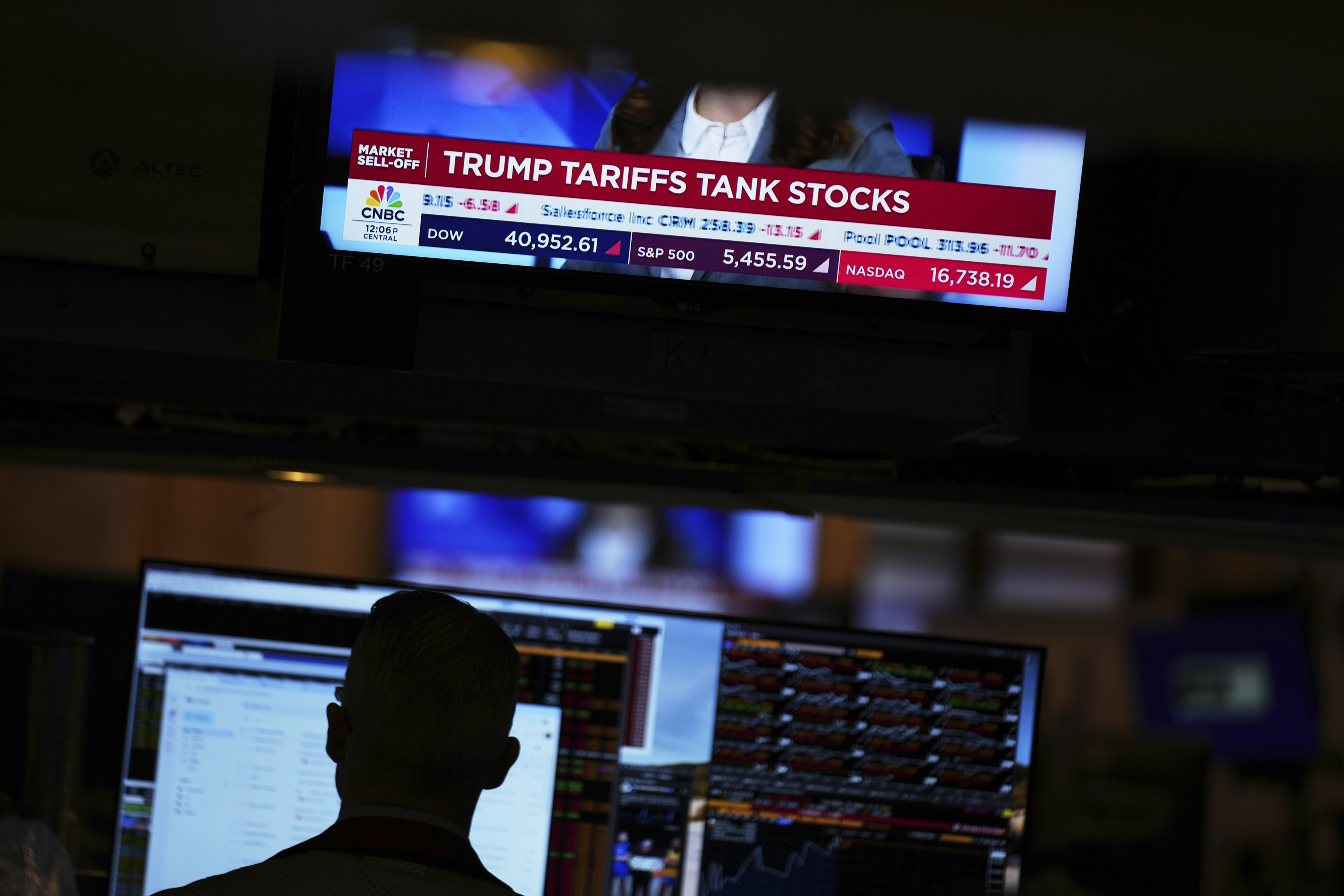The reversal by Donald Trump in his tariff policy has given investors the confidence to breathe and Europe did not want to lag behind in the historic rebound seen yesterday on Wall Street, with gains of 9.5% for the S&P 500 and 12% for the Nasdaq technology, its biggest rally since 2008, according to Renta 4. Thus, the Ibex 35 opened with a spectacular 8% rebound, a rise of 990 points to above 12,800 points at the opening, mainly driven by an 18% increase in ArcelorMittal and banks with significant rebounds of around 14% in Banco Santander and CaixaBank. In the early stages of the session, there were some issues in processing the flood of buy orders, and some companies have not yet set prices.
Gains are spreading across Europe with a 10% increase for the Italian Mib, one of the most affected markets in the Old Continent due to its export profile; in the case of the German Dax, it rises by another 8% and the European index adds another 8%, reclaiming the 5,000 points of the EuroStoxx 50.
The sequence of events reflects the chaotic behavior of the U.S. president, who is capable of moving markets at will with every decision he makes public. Yesterday, Europe closed in the negative, with losses of around 2%, partly due to Wall Street opening with modest gains, especially in the technology sector within the Nasdaq index, with increases of just over 4%, such as Tesla, owned by Donald Trump's controversial advisor, Elon Musk. At midday, the U.S. president hinted that it was time to buy in the market. "THIS IS A GREAT TIME TO BUY!!!," he wrote on his social media, Truth. Hours later, he announced, without much explanation, a "pause" in the implementation of tariffs on 75 countries or regions, including the European Union, lasting 90 days. This applied to all except China, to whom he decided to raise tariffs again to 125%.
The Nikkei 225 index closed with a 9.1% increase at 34,609 points, while the broader Topix index grew by 8% to 2,539.4 points. In Seoul, the Kospi index increased by 6.6% and the Sydney stock exchange by 4.5%. However, the Chinese stock market had little to celebrate, with a mere 2.3% increase. This is one of the market's concerns, observing how the tariff war continues to escalate between the two largest global powers, China and the U.S. The Asian giant will meet again this Thursday to decide whether to take measures to stimulate the economy and thus bypass the new tariffs imposed by the U.S. on its exports. One variable is the devaluation of the yuan, which could cause a real earthquake in the markets if it follows the trend of what happened in August 2015. For now, China's response announced yesterday is the application of an 84% tariff on U.S. products.
